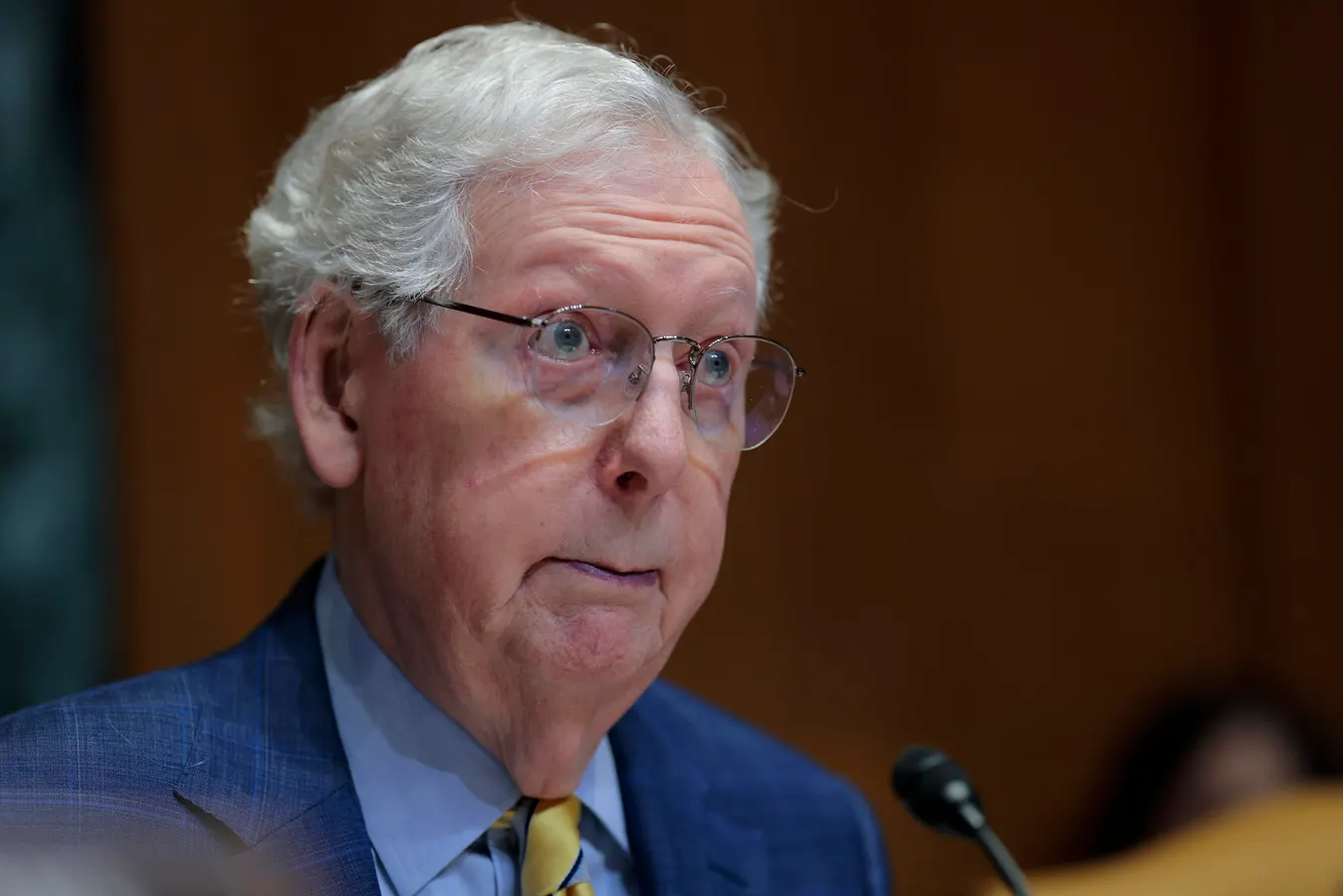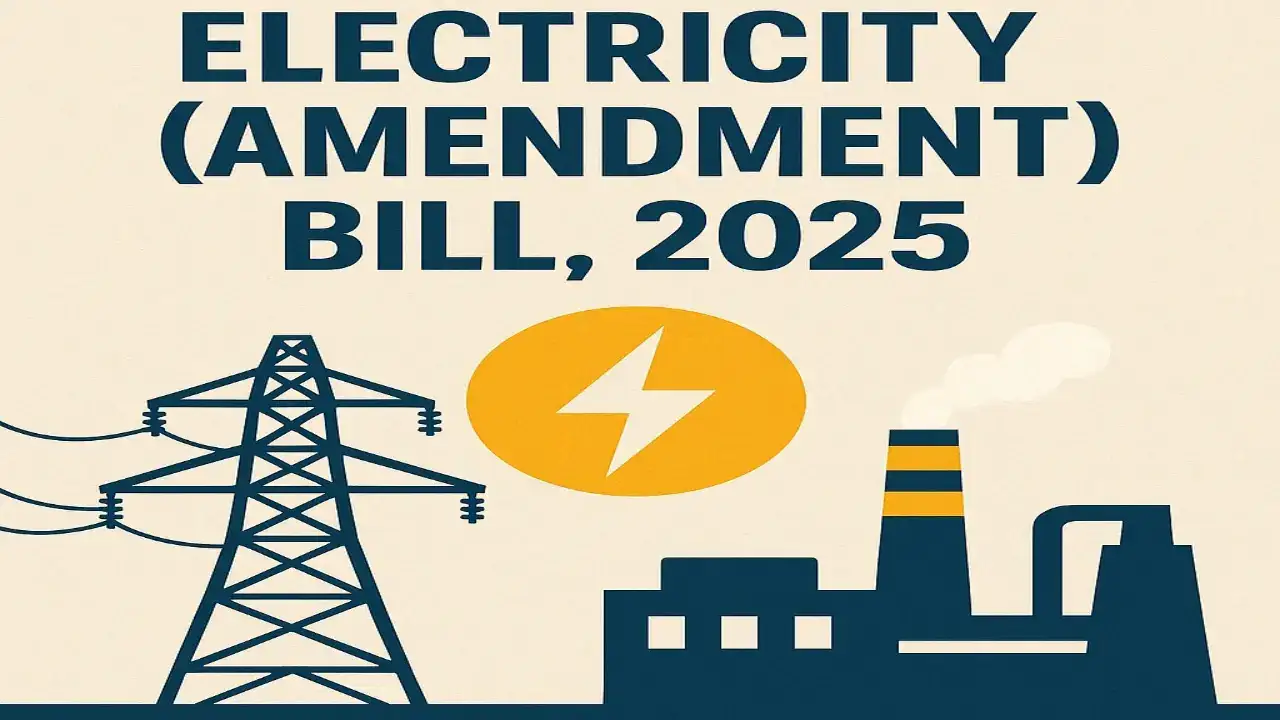Copyright forbes

The Senate passed legislation Thursday that seeks to block President Donald Trump’s global tariffs, a largely symbolic victory for bipartisan critics of the president’s trade agenda. The resolution was passed Thursday afternoon. (Photo by Anna Moneymaker/Getty Images) Getty Images The resolution was passed in a 51-47 vote, with Sen. Rand Paul, R-Ky., Sen. Mitch McConnell, R-Ky., Sen. Susan Collins, R-Maine, and Sen. Lisa Murkowski, R-Alaska, voting alongside Democrats. The legislation specifically calls for the termination of the national emergency Trump declared in April to authorize “reciprocal” tariffs against other countries. The Republican-controlled House is unlikely to approve the resolution, though the Senate’s vote marks its latest rebuke of Trump’s tariffs. The Senate has also approved two separate resolutions this week seeking to block Trump’s 35% tariffs against Canada and 50% tariffs against Brazil. Get Forbes Breaking News Text Alerts: We’re launching text message alerts so you'll always know the biggest stories shaping the day’s headlines. Text “Alerts” to (201) 335-0739 or sign up here. The passage of the resolution came hours after the U.S. agreed to reduce fentanyl tariffs against China to 10% and extend a pause on existing “reciprocal” tariffs against China for an additional year. China agreed to pause its export crackdown on rare earth materials for another year. Key Background The resolution passed Thursday initially failed in the Senate back in April, not long after Trump announced his “Liberation Day” tariffs against dozens of countries and longtime trading partners. The president has used tariffs or the threat of higher tariff rates against allies in trade negotiations, recently reaching agreements with Japan and South Korea, which will have the tariff rates imposed against them reduced in exchange for hundreds of billions of dollars in investments toward the U.S. Trump has received bipartisan backlash from the tariffs, with critics arguing the brunt of tariff costs are placed on U.S. consumers, a claim backed by economists. Further Reading Trump Announces Japan Trade Deal With Lowered Tariffs Of 15%—U.S. Futures And Japanese Auto Stocks Rise (Forbes) U.S. Reaches Tariff-Lowering Trade Deal With South Korea (Forbes) Got a tip? Share confidential information with Forbes. Editorial StandardsReprints & Permissions



